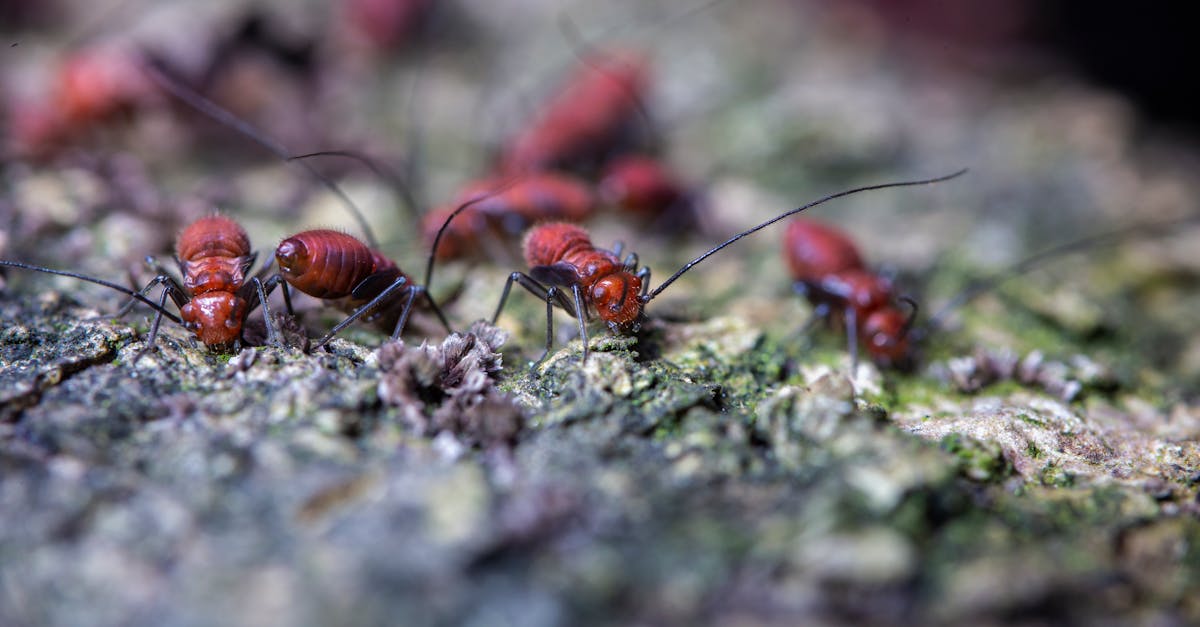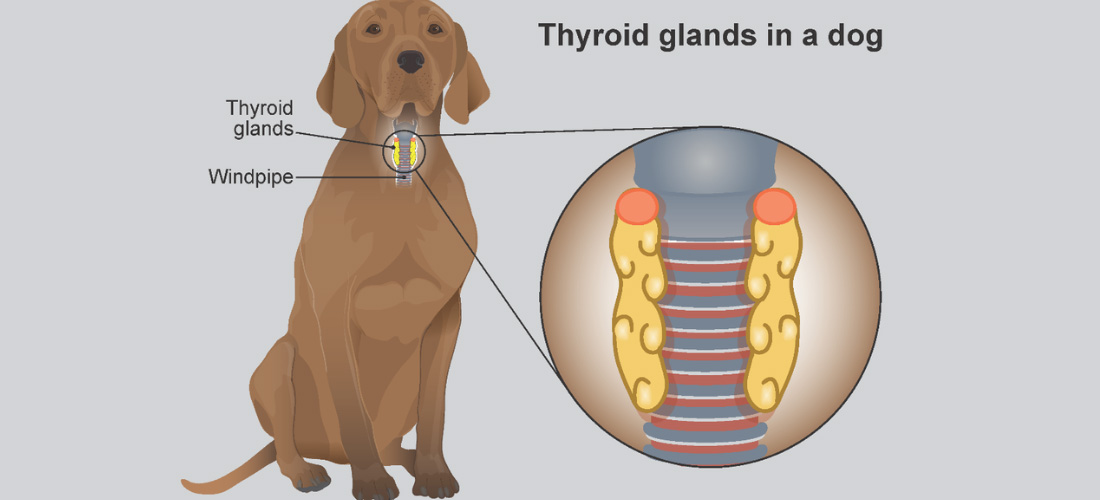Discovering the Tiny Wonders: My Ant Adventure Begins
I’ve often thought about how fascinating it would be to have a pet that requires minimal maintenance yet offers endless entertainment. Come to think of it, traditional pets like cats and dogs, while adorable, demand a significant amount of time, effort, and resources. But here’s a story about my unexpected journey into the world of ants, and why I believe they might just be the perfect low-maintenance pet.
The other day, I stumbled upon an article about ant-keeping, or “formicarium” as the enthusiasts call it. I was intrigued. It’s interesting that such tiny creatures could offer so much joy and learning. I’ve always thought of ants as mere picnic nuisances, but that article opened my eyes to their complex societies and behaviours. It dawned on me that these little insects could be a fascinating addition to my life.
Imagine if you could observe a miniature civilisation right in your living room. The idea was too captivating to ignore, so I decided to give it a go. And let me tell you, the experience has been nothing short of amazing.
The Allure of Ant-Keeping: Why Ants Make Great Pets
Low Maintenance, High Reward
From my point of view, one of the most appealing aspects of keeping ants is how low-maintenance they are. Unlike traditional pets, ants don’t require daily walks, grooming, or expensive food. To put it simply, they’re incredibly self-sufficient. Here’s a quick story: I went on a week-long holiday, and all I had to do was ensure their food and water supply was topped up before I left. When I returned, my ants were thriving, having continued their daily routines without any fuss.
Educational and Entertaining
It’s funny how something so small can teach you so much. Personally, I’ve found that observing my ant colony has been a fantastic educational experience. Studies show that ants exhibit complex behaviours such as farming, warfare, and even communication through pheromones. Watching them build intricate tunnels and work together in perfect harmony is nothing short of mesmerizing. It reminds me of how much we can learn from nature’s tiny engineers.
Cost-Effective
If you ask me, another significant advantage of keeping ants is the cost. Setting up a basic formicarium (ant farm) is relatively inexpensive compared to the initial and ongoing costs of keeping traditional pets. You can probably relate to the financial strain of vet bills, pet food, and grooming supplies. With ants, the primary expenses are the initial setup and occasional food replenishments, which are minimal.
Minimal Space Requirement
Imagine if you could have a pet that doesn’t take up much space. Ants fit this bill perfectly. A small formicarium can easily sit on a desk or a shelf, making them ideal for people living in apartments or those with limited space. It’s no surprise that ant-keeping has become a popular hobby for urban dwellers.
Setting Up Your Formicarium: A Step-by-Step Guide
Choosing the Right Species
One thing I’ve learned is that not all ants are created equal. Different species have different needs and behaviours, so it’s essential to choose the right one for your formicarium. For beginners, I’d recommend starting with a common species like the Black Garden Ant (Lasius niger) or the Red Harvester Ant (Pogonomyrmex barbatus). These species are relatively easy to care for and are readily available.
Preparing the Formicarium
Here’s a quick story about my first formicarium setup. I was just thinking about how simple it was. Most formicaria come with clear instructions, and setting one up involves just a few steps:
- Choose the Container: You can buy a pre-made formicarium or make one yourself using a clear plastic or glass container.
- Add the Substrate: A mixture of sand and soil works well for most species. This provides a natural environment for the ants to dig and build their tunnels.
- Create a Moisture Gradient: Ants need a humid environment, so it’s crucial to keep one side of the formicarium moist. You can do this by adding a small water reservoir or using a sponge.
- Provide Food and Water: Ants require a balanced diet of proteins and sugars. You can feed them small insects, honey, and fruits. Ensure they have a continuous water supply.
Introducing the Ants
Once your formicarium is ready, it’s time to introduce your ants. It’s interesting how a small group of ants can quickly establish a thriving colony. I’d never have guessed how quickly they adapt to their new environment. Just be sure to handle them gently and avoid stressing them out.
The Joys of Observing Ant Behaviour
Complex Social Structures
One of the most fascinating aspects of ant-keeping is observing their complex social structures. Ants live in highly organised colonies, each with a specific role. The queen is the heart of the colony, responsible for laying eggs. The workers take care of the brood, forage for food, and maintain the nest. The soldiers protect the colony from intruders.
I can’t forget the first time I saw my ants engage in what looked like a coordinated effort to transport a piece of food back to their nest. It goes to show how teamwork and communication are integral to their survival.
Farming and Food Storage
It’s no surprise that ants are excellent farmers. Some species, like the Leafcutter Ants (Atta and Acromyrmex), are known for their ability to cultivate fungus as a food source. They cut leaves and bring them back to the nest, where they use them to grow the fungus. This symbiotic relationship is a marvel of nature.
Even if you don’t keep Leafcutter Ants, you’ll still notice how your ants store food and water. They create dedicated chambers for different purposes, showcasing their incredible organisational skills.
Communication and Problem-Solving
Studies show that ants communicate using pheromones, which are chemical signals that convey information about food sources, danger, and colony needs. Watching them lay down pheromone trails and follow them with precision is a testament to their sophisticated communication system.
One thing I’ve learned from observing my ants is their remarkable problem-solving abilities. They can navigate obstacles, find the shortest paths to food sources, and even work together to move objects much larger than themselves. It’s a constant reminder of the ingenuity of these tiny creatures.
Overcoming Common Challenges in Ant-Keeping
Preventing Escapes
You might find this helpful: one of the biggest challenges in ant-keeping is preventing escapes. Ants are notorious for finding even the tiniest gaps in their enclosure. To avoid this, ensure your formicarium is securely sealed and consider using a barrier substance like petroleum jelly or fluon around the edges.
Maintaining the Right Humidity and Temperature
Ants thrive in specific humidity and temperature ranges. It’s crucial to monitor these conditions and make adjustments as needed. For example, you can use a hygrometer to measure humidity levels and a heat mat to maintain the right temperature. Looking back, I realise how important it is to create a stable environment for your ants to thrive.
Dealing with Mould and Pests
It’s interesting how a small imbalance in humidity can lead to mould growth in your formicarium. To prevent this, ensure proper ventilation and avoid over-watering. If mould does appear, remove the affected substrate and replace it with fresh material.
Pests like mites can also pose a threat to your ant colony. Regularly inspect your formicarium for signs of pests and take immediate action if you spot any. Quarantining new ants before introducing them to your colony can also help prevent infestations.
The Unexpected Benefits of Keeping Ants
Stress Relief and Mindfulness
If you ask me, one of the most surprising benefits of ant-keeping is the stress relief it offers. Watching ants go about their daily activities can be incredibly calming and meditative. It’s a form of mindfulness that allows you to disconnect from the hustle and bustle of everyday life and focus on the simple, yet intricate, world of your ants.
Encouraging Responsibility and Patience
Ant-keeping teaches responsibility and patience, especially for children. It’s a great way to introduce young ones to the concept of caring for a living creature without the overwhelming demands of traditional pets. The daily routine of feeding and observing the ants fosters a sense of responsibility and patience as they watch the colony grow and evolve.
Fostering a Deeper Connection with Nature
Personally, I’ve found that keeping ants has deepened my appreciation for nature and its wonders. It’s a constant reminder of the interconnectedness of all living things and the intricate balance that sustains life. It’s an opportunity to witness the beauty of nature up close and develop a deeper connection with the natural world.
Ready to Start Your Ant-Keeping Journey?
Where to Get Your First Colony
If you’re excited about starting your ant-keeping journey, the first step is to acquire your colony. You can purchase ants from reputable suppliers or even collect them from your garden. Just ensure you follow local regulations and guidelines when collecting wild ants.
Essential Supplies
Here’s a list of essential supplies you’ll need to get started:
- Formicarium: Choose a suitable container for your ants.
- Substrate: A mixture of sand and soil for the ants to dig and build their tunnels.
- Food and Water: Provide a balanced diet of proteins and sugars, along with a continuous water supply.
- Humidity and Temperature Control: Use a hygrometer and heat mat to maintain the right conditions.
- Barrier Substance: Prevent escapes with petroleum jelly or fluon.
Joining the Ant-Keeping Community
One thing I’ve learned is that the ant-keeping community is incredibly welcoming and supportive. There are numerous online forums, social media groups, and websites dedicated to ant enthusiasts. Joining these communities can provide valuable insights, tips, and a sense of camaraderie as you embark on your ant-keeping journey.
Embrace the Tiny Wonders: Why Ants Deserve a Place in Your Life
Looking back, I realise how much joy and learning my ants have brought into my life. They’ve taught me about the wonders of nature, the importance of teamwork, and the beauty of simplicity. It’s funny how something so small can have such a profound impact.
If you’re looking for a low-maintenance pet that offers endless entertainment and educational value, I highly recommend giving ants a chance. They may be tiny, but their world is vast and full of wonders waiting to be discovered.
The truth is, ant-keeping is more than just a hobby; it’s an opportunity to connect with nature, foster responsibility, and find joy in the small things. So, why not take the plunge and start your ant-keeping adventure today? You might just find that these tiny creatures have a lot to offer.
















